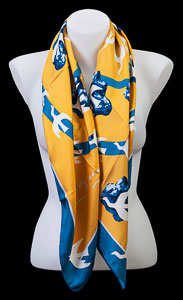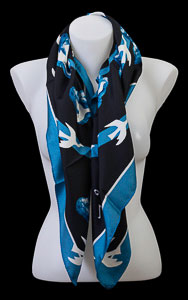Tel : (+33) 4 94 63 18 08
9am - 6pm from Monday to Saturday
Georges Braque
Biography of Georges Braque

Georges Braque
Georges Braque was born in 1882 in Argenteuil (Val d'Oise), but his family moved to Le Havre when he was only 8 years old, a city where he would grow up and study painting at the Ecole des Beaux-Arts.
Coming late to Fauvism after being moved by the paintings exhibited at the 1905 Salon d'Automne, he quickly left it behind when he discovered "Les Demoiselles d'Avignon" by Pablo Picasso in 1907.
The first steps of "Cubism" (as named by Vauxcelles, the art critic, borrowing a term from Matisse who exclaimed upon seeing Braque's "Maisons à l'Estaque" that Braque was cutting space into "small cubes") are now laid. Braque and Picasso worked together until 1914, when the former was mobilized and then seriously wounded in the head (he was indeed trepanned).
After the war, and a long convalescence, Braque resumed painting while remaining faithful to Cubism, simply evolving it to perfection, as seen in the famous painting "Fruits on a tablecloth and fruit bowl" in 1925.
He passed away in August 1963 in Paris, but was buried in the marine cemetery of Varengeville-sur-Mer (Normandy), a village he had chosen to live in.
(c) Natacha PELLETIER for PASSION ESTAMPES






